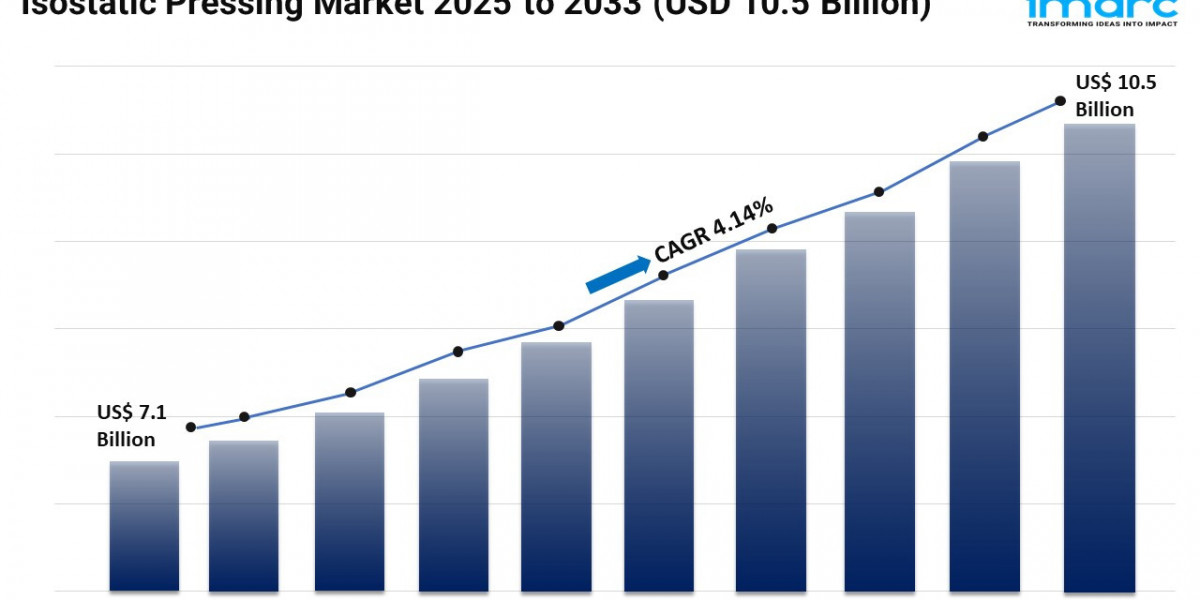Maltose syrup is a common sweetener used in a variety of food products, from baked goods to beverages. With the rising demand for gluten-free diets, many consumers are questioning whether maltose syrup aligns with their dietary needs. Understanding its composition, nutritional value, and gluten-free status is essential for those seeking safe and healthy alternatives.
Understanding Maltose Syrup and Gluten-Free Standards
What is Maltose Syrup?
Maltose syrup, also known as malt syrup, is a sugar-based syrup derived primarily from starches such as corn, rice, or barley. It is produced through enzymatic breakdown, transforming starch molecules into maltose, a disaccharide sugar. This syrup is commonly used as a natural sweetener, offering a mild taste and a smooth texture that enhances various food applications.
Is Maltose Syrup Gluten Free?
The gluten-free status of <a href="https://glucochem.com/hi-maltose-syrup/" title="Learn more about maltose Syrups">high maltose syrup</a> depends largely on its source. When derived from corn or rice, it remains entirely free of gluten and safe for those with celiac disease or gluten sensitivities. However, if made from barley, there is a risk of gluten contamination. Consumers should always check ingredient labels and seek certified gluten-free options to ensure safety.
Nutritional Profile and Health Impact of Maltose Syrup
Key Nutrients in Maltose Syrup
Maltose syrup primarily consists of carbohydrates, providing a quick source of energy. It contains minimal amounts of vitamins and minerals, making it a relatively neutral sweetener in terms of nutritional benefits. Compared to refined sugars, it offers a slightly lower glycemic index, reducing rapid spikes in blood sugar.
Benefits and Concerns of Maltose Syrup in Nutrition
One advantage of maltose syrup is its ability to enhance the texture and consistency of food products without introducing artificial additives. It is also a suitable alternative to high-fructose corn syrup. However, excessive consumption may contribute to elevated blood sugar levels and weight gain. Moderation is key when incorporating it into a balanced diet.
How to Identify Gluten-Free Maltose Syrup in Products
Reading Labels and Certifications
To ensure that maltose syrup is gluten free, always check product labels for gluten-free certifications. Look for terms such as "gluten-free," "certified gluten-free," or "made from corn/rice" to confirm its safety. Avoid products with unspecified malt sources, as they may contain barley-derived gluten.
Common Uses of Maltose Syrup in Gluten-Free Diets
Maltose syrup is widely used in gluten-free baking, confectionery, and processed foods. It acts as a binding agent in granola bars, a sweetener in sauces, and a stabilizer in gluten-free beverages. Its neutral flavor makes it versatile for both sweet and savory applications.
Market Trends and Consumer Preferences
Increasing Demand for Gluten-Free Ingredients
With the surge in gluten-free diets, there is a growing demand for alternative sweeteners like maltose syrup. Consumers are becoming more conscious of ingredient sourcing, opting for natural and minimally processed options. This shift is driving innovation in gluten-free food production.
Future of Gluten-Free Sweeteners
As more people adopt gluten-free lifestyles, food manufacturers are exploring new ways to enhance sweetness without compromising health. The future of maltose syrup lies in its ability to serve as a clean-label sweetener, free from artificial additives and potential allergens.
Conclusion
Maltose syrup, when sourced from gluten-free ingredients, can be a safe and effective sweetener for those following a gluten-free diet. Its mild sweetness, functional properties, and adaptability make it a valuable alternative to traditional sweeteners. By understanding its origins, reading labels carefully, and consuming it in moderation, individuals can enjoy its benefits while maintaining a balanced diet.









